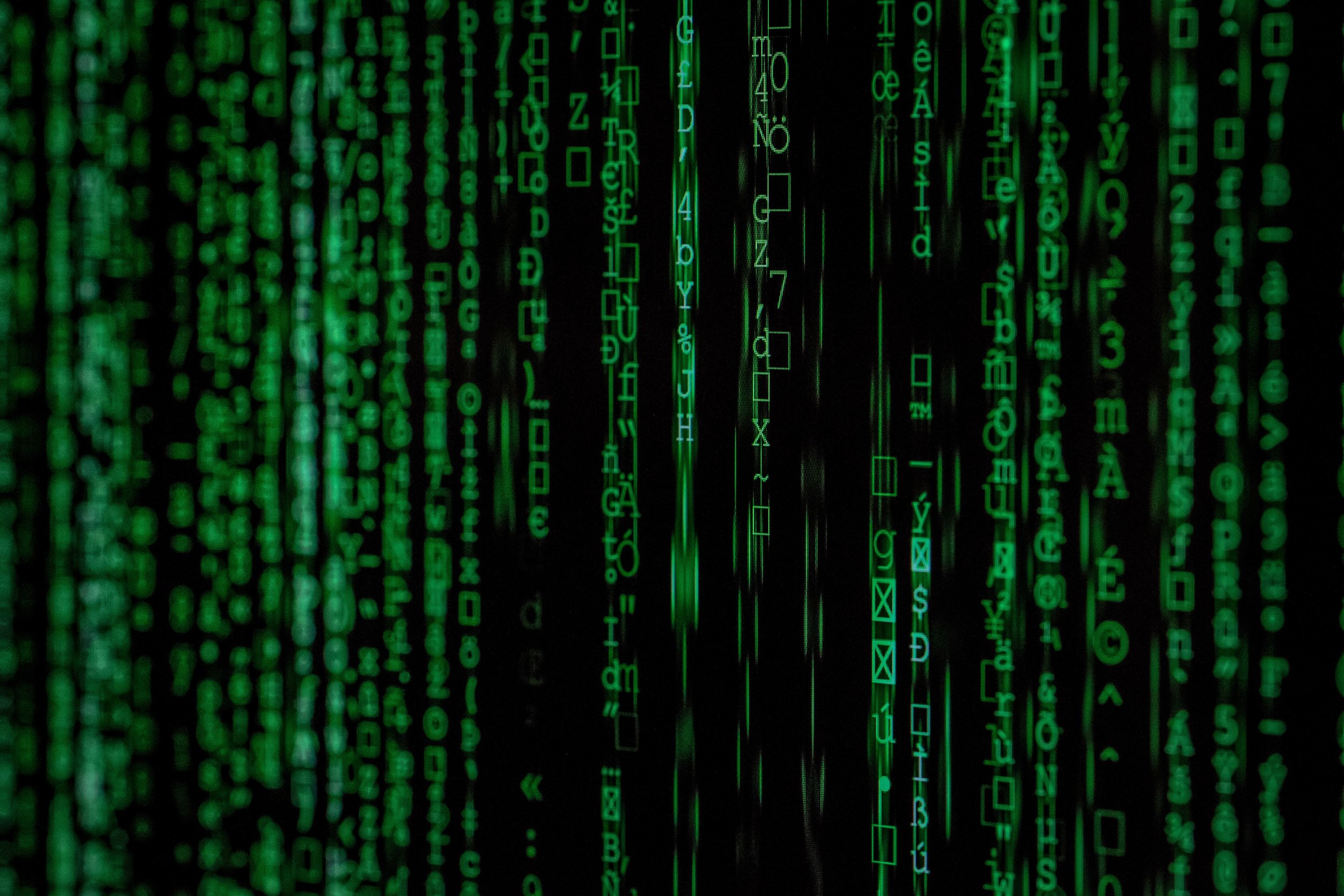Share This Article
Jamie McDonald talks about the apathy around climate change in Australia and the need for a cultural shift at an attitudinal level.
To the average Joe (common folk of Australia),
When I talk to my friends about climate change, most conversations simply revolve around, that ‘yeah it’s happening’ and ‘shut up Jamie no one cares’. However, some deep thoughts provoked many new insights into myself that I would like to share. Before writing this article, I spoke to a few of my friends about climate change and the government; making special emphasis on the role of the fossil fuel industry. When I mentioned the fossil fuel industry, most agreed that the industry has some power within the government, somewhat creating their own agenda within the office. However, how these industries get their power is unbeknown to them; they know little of the political strategies applied to serve their own cooperation within our society.
When I think about the apathy of my friends, and Australian youth on a broader scale, this brings to mind Martin Luther King Jr.’s quote, “Nothing in all the world is more dangerous than sincere ignorance and conscientious stupidity.”
Whilst I apologise to my friends for calling them stupid, you must remember that I am also (as the average Australian citizen) is very much in the same boat. We may be referred to as ‘stupid’ and ‘ignorant’, for not knowing the fallacies behind the fossil fuel industry. However, every day, we are subject to disinformation and meticulously crafted uncertainties, from all corners of bureaucracy.
Individuals have been misled by the sheer power of denial, or a “denial machine”. As Naomi Oreskes, identifies in her book Merchants of Doubt, corporations have long created doubt within society through denial. Primarily, corporations have sought to align the interests of ordinary citizens with their own interests and by creating doubt, they seek to delay what they know is inevitable, their own demise caused by a mass awakening about the future of energy
These tactics were first introduced by the tobacco industry; negation through distraction. Since German scientists had shown that smoking causes cancer, the tobacco industry was on the backfoot. However, the industry employed a strategy of merely asking questions to create the illusion of controversy. Through the strategy of ‘cherry picking’ data and showing that not everyone that smokes does get cancer; they created a question that was advertised to the world ‘well, does your science even add up?’. Consequently delaying – delaying the science, politics, policies and ultimately delaying the science from getting to the individual who smokes their cigarettes.
Looking through a broader theoretical lens, The Oxford Handbook of Climate Change and Society highlights climate change denial as an effort to defend Western social order and typical capitalistic structure. In other words, climate change denial benefits industrial corporations at the centre of the modern world, with fossil fuels being the heart, brain and even the mother of that world that the common citizen lives within.
First, the denial machine claimed there was ‘no change in the climate’, then their next argument was that ‘it’s all a natural variation’, followed by an approach that ‘it’s not caused by us’. Now, they say, ‘we can adapt to the changing environment’.
Now Joe, I know you know this. In 2020 it’s common knowledge that a strategy of climate change denial is at work, and, yes, I know you probably, almost surely, won’t deny climate change is occurring and is the result of human impact. But can you comprehend the extent to which the government and fossil fuel industries are tied? The central ‘importance’ of fossil fuels, coupled with the sheer size of the corporations that produce them, and Governments relying on the royalties, enables fossil fuel corporations to exert considerable leverage over the government.
One way this is done is through ‘revolving doors’, that is, individuals who move from the fossil fuel industry into public office, or visa-versa (sometimes on multiple occasions). Take Brad Burke for example. In 2009, he worked as the senior strategist to the then-opposition leader Malcolm Turnbull. Burke then went to become the Director of Corporate Affairs at Santos. Then, he returned to Prime Minister Turnbull’s office in 2015. Now he works for Shell Australia. It doesn’t stop there though, in fact, one researcher found there to be more than 150 cases like this one occurring. Corporate interest for money, political interest for money, individual interest for money, you name it, even our Prime Ministers interest for money. This isn’t the ‘delaying’ strategy spoken about before. Plain and simple, it is us simply not knowing that stuff like this even occurs.
Every direction I look, there is a new strategy such as this one, each direction opens a new door, with a new debate. This doesn’t put just the fossil fuel industry into question, but the capitalistic system itself and how this can possibly occur.
You’ll notice above that I put the ‘importance’ of the fossil fuel industry in inverted commas. In the future, coal as a resource will see a slow and gradual death, becoming redundant by cheap gas and renewable energy sources. The climate change debate asks, ‘what is, the future of the Australian economy and its reliance on coal?’. One article suggests that Australia will “bury its head in the sand” if governments do not have robust plans for the decline of the industry. Surely, this means that Australia must start formulating plans to move beyond coal and into more renewable sources of energy. The question remains though, how will this positive change occur through the cluster of revolving doors, bureaucracy and fossil fuel interest within the government? .
Joe. Maybe, just maybe, these ‘new doors’ with ‘new debates’ are subject to the original ideas of the tobacco industry, to “create the illusion of controversy”, by unknown ‘experts’. This has created a web of debates and issues that are now almost impossible to deal with.
Maybe ‘delay’ as a strategy of climate change deniers has created a chain reaction where corporations and citizens have become one entangled mess. In this world, we need to ask ourselves: are truth and action really still possible?
Photo Source: Pexels




